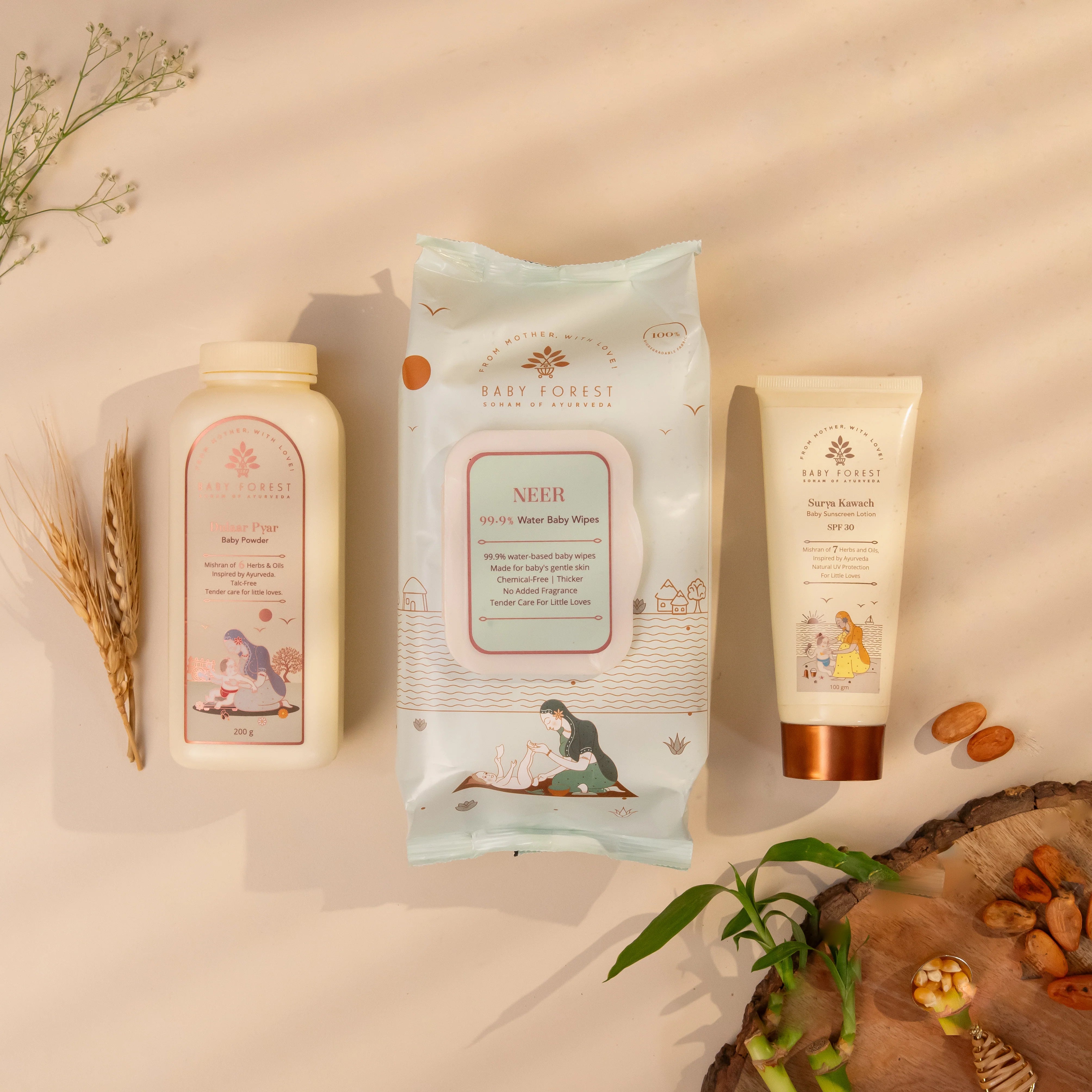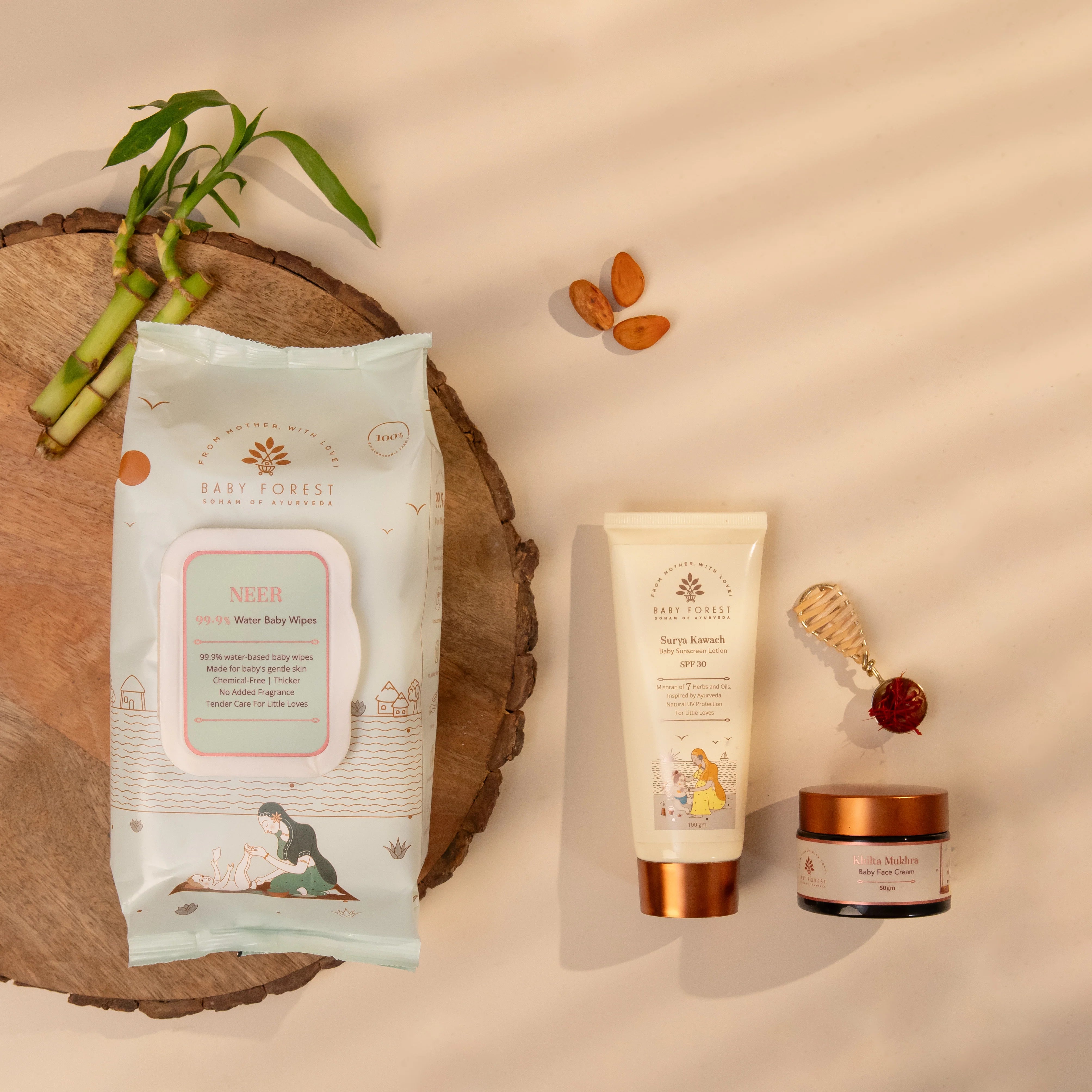
When Should You Start Bottle-Feeding a Breastfed Baby?


Rs. 1,199.00

Rs. 2,000.00

Rs. 1,340.00

Rs. 2,100.00

Rs. 2,000.00

Rs. 1,215.00

Rs. 1,745.00

Rs. 1,215.00

Rs. 1,515.00
A well-balanced diet for pregnant women is very important, but this becomes a bigger concern during the monsoon season. This is the time when the risk of infections increases, and immunity usually drops due to changing weather conditions and exposure to contaminated food or water. Humidity, reduced sunlight, and poor food hygiene make the rainy months challenging for all moms-to-be. The monsoon brings not only relief from heat but also a higher chance of digestive issues, seasonal flu, and waterborne diseases. During pregnancy, the immune system is already working differently, which means any added stress from the environment can have a more substantial effect.
Moreover, food plays a direct role in how the body responds to such seasonal threats. Selecting clean, safe, and nutrient-rich foods, while knowing what to avoid, can help reduce unnecessary health risks during this time. This guide focuses on how the monsoon affects maternal immunity and how to create a practical diet for pregnant women that supports their health throughout pregnancy during this season.
The immune system is a reactive structure. During monsoons, the air, water, and food can carry more germs, which makes the body more exposed to infections and illnesses. Waterborne infections spike, airborne pathogens multiply in moisture-rich conditions, and food spoilage becomes common due to higher humidity levels. For pregnant women, these factors are compounded by hormonal fluctuations that can already alter immune responses.
This seasonal shift doesn't alter nutritional needs dramatically, but it makes the consequences of dietary neglect more pronounced. Nutrient absorption can be impaired by gut infections. Appetite might reduce. Some foods that are typically beneficial tend to become risky due to contamination issues. Hence, immunity-supporting strategies need adjustment.
Read More: Track Your Pregnancy Week by Week
During the monsoon, it is important that pregnant women focus on certain foods and nutrients. These nutrients are important during monsoon, and they make the diet for pregnant women more reliable.
Protein is important for the baby’s growth, but during the monsoon, it also helps the body fight infections and stay strong. It helps the body produce antibodies and enzymes that fight infection. However, caution is needed with sources like meat and fish, which spoil quickly in humid conditions. Opting for paneer, boiled eggs, and cooked legumes may be a safer choice.
Its antioxidant function helps combat free radicals generated by low-grade infections or inflammation. Citrus fruits are the go-to, but their surface hygiene is vital; washing or peeling is non-negotiable.
This trace element often gets overlooked. Zinc supports T-cell function and enhances mucosal integrity. Seeds (like pumpkin or sunflower) are shelf-stable and, thus, less vulnerable to monsoon-related spoilage.
Low iron levels can make even minor infections feel overwhelming. Iron-rich foods like spinach should be consumed cooked, never raw, in monsoon. Cooking neutralizes surface bacteria and reduces contamination risk.

During monsoons, food safety becomes as important as nutrition. Choosing the right foods can lower the risk of infections and support overall health during pregnancy. Here is a list of safe food choices for monsoon that are a great addition to the diet for pregnant women.
Raw salads are generally discouraged during this time of year. Even vegetables that are typically eaten raw (like cucumber or tomato) should be lightly sautéed or boiled. This minimizes exposure to soil-borne microbes.
Papaya (ripe), banana, and pomegranate are good options. The emphasis is not on avoiding fruits but on consuming only those that can be peeled and that don't have a high-water content, which tends to promote microbial growth.
Herbs and spices like turmeric, ginger, garlic, and tulsi can support the immune system in small, regular amounts. They help fight infections and improve digestion during the monsoon. Adding them to soups, teas, or cooked meals is a safe way to include them in your diet.
Warm, spiced broths (with turmeric, ginger, or tulsi) can offer hydration and a dose of immune-modulating compounds. These are not miracle foods but rather serve as a supplement to an already healthy diet for pregnant women.
Some foods carry a higher risk of contamination during the rainy season. Avoiding these can help reduce the chances of infection and support a safer, more stable pregnancy diet. Here’s a list that you can look at to see the food you need to avoid during monsoon.
| Food Item | Why Avoid During Monsoon |
|---|---|
| Leafy greens | When uncooked, they can carry residual water, dirt, and microbes. Safe only when cooked well. |
| Street food | Hygiene is difficult to maintain during monsoon, increasing the risk of contamination. |
| Seafood | Spoils quickly in humid conditions; shellfish is especially prone to contamination. |
| Unpasteurized dairy | High humidity can lead to microbial growth in improperly stored dairy products. |
Hydration during pregnancy is something people talk about often, but they don’t always explain it clearly. It is an often overlooked aspect of pregnancy diet. During monsoon, drinking sufficient fluids is only part of the equation. Ensuring the water is boiled, cooled or filtered using a certified method is critical. Boiled water should not be stored for more than 24 hours. Pre-packaged or processed bought juices or drinks, especially those that are unsealed, are best avoided. Soups, homemade fruit infusions (with lemon and ginger), and coconut water (if freshly cracked) are better alternatives.
Street food and raw salads may seem harmless, but during the monsoon, they carry a higher risk of contamination. Right from unclean water, poor storage, and unhygienic handling are just to name a few. Rainwater runoff, damp conditions, and changing temperatures can all contribute to bacterial growth. For pregnant women, even a minor infection can lead to unnecessary complications. This is why it is important and safe to stick to freshly cooked, home-prepared meals.
Pregnancy cravings are natural, but monsoon calls for safer snack choices. Go for homemade options like roasted makhana, boiled chana, baked snacks, or dry fruit mixes. Light dishes like steamed idlis or vegetable upma are filling without being risky. Choose fruits that can be peeled, like bananas or oranges, and avoid anything cut or pre-packaged from outside. If you’re craving fried food, prepare it fresh and eat it warm. The focus should be on freshness, hygiene, and easy digestion to stay healthy during the rainy season.
Read Also: 10 Healthy Snacks for Pregnant Women
Kitchen hygiene becomes non-negotiable during this time of year. Here’s a list that won’t demand a kitchen makeover, but just a little consistency.
The monsoon season is not inherently dangerous for pregnancy, but it can be unpredictable in terms of hygiene and digestion. A practical, immunity-oriented diet for pregnant women should not aim for novelty but for reliability. It's not about overloading with superfoods or making dramatic changes but about adjusting known healthy habits to suit a more sensitive environment. With every meal prepared safely and consumed mindfully, the immune system is not only supported but also strengthened. It is buffered from unnecessary stress.

